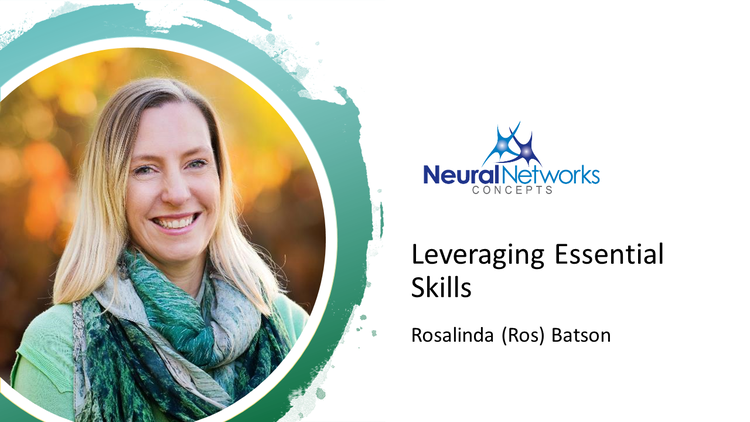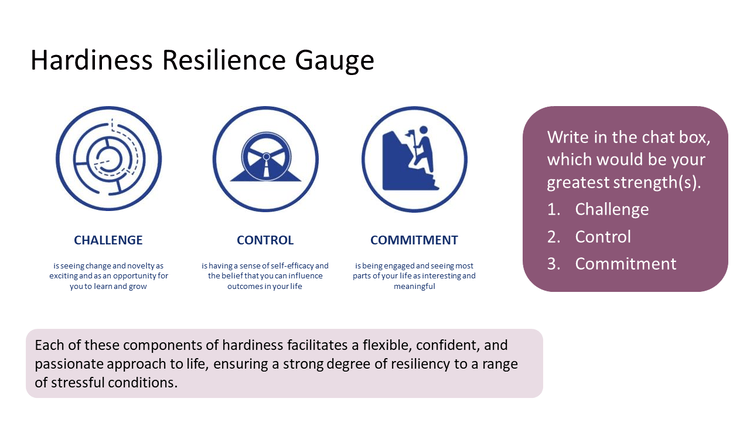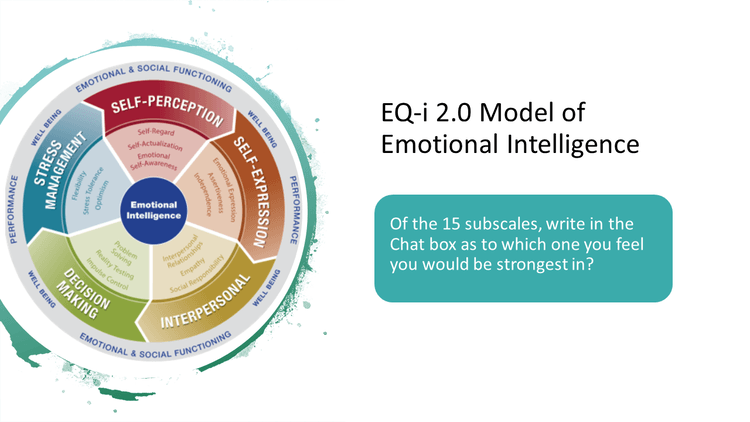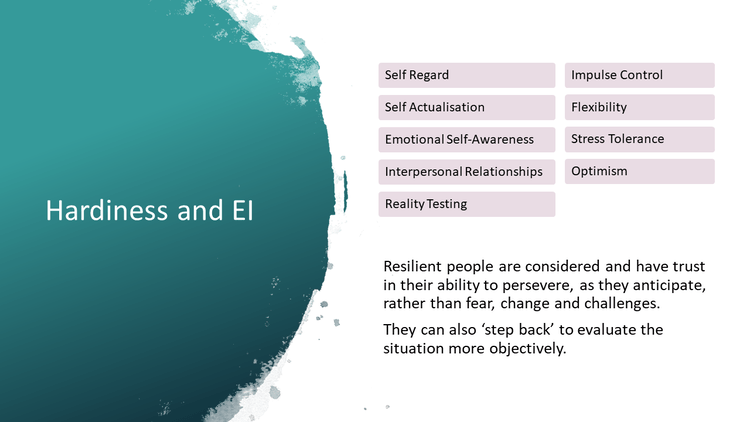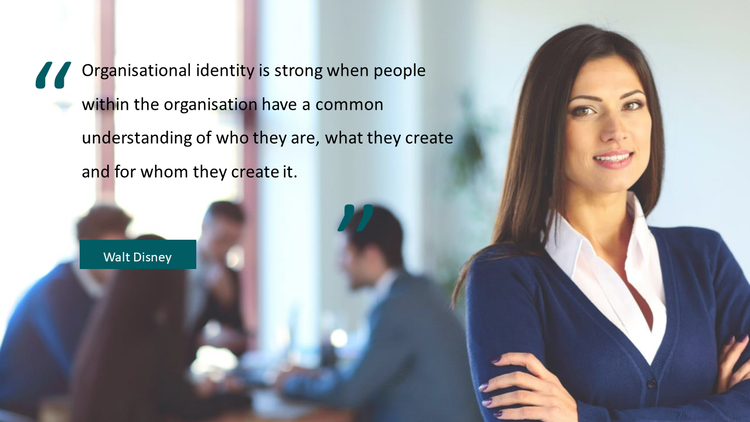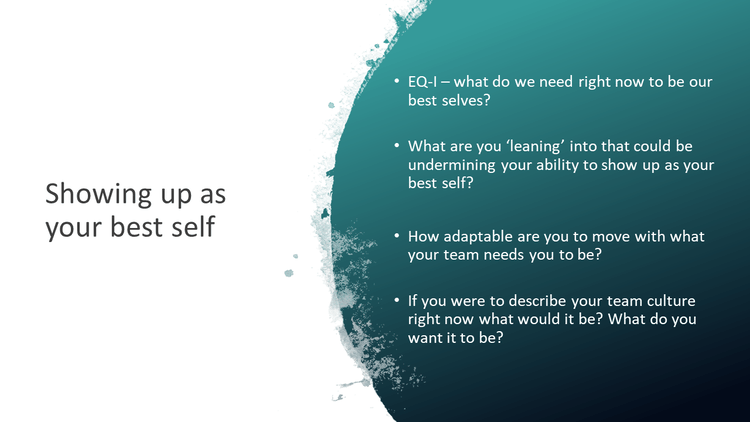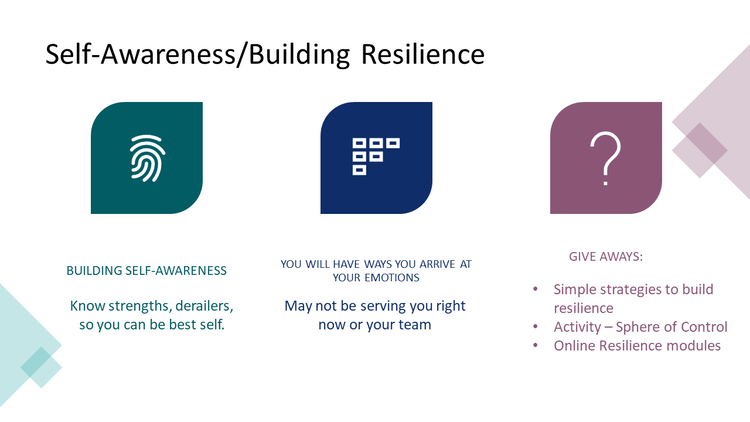Trending Blogs

LEVERAGING ESSENTIAL SKILLS
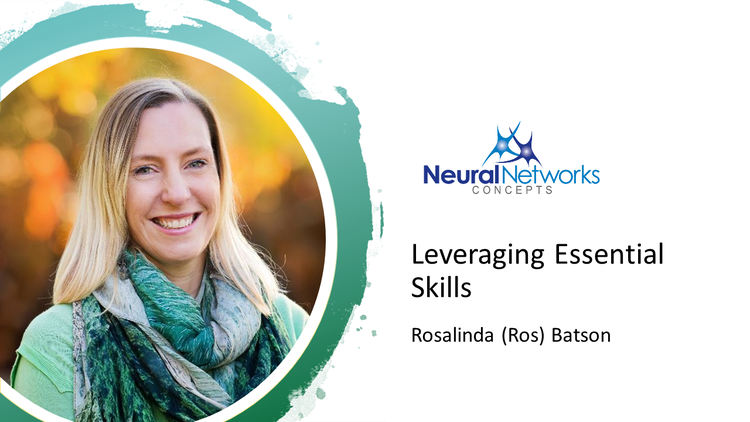
Recently, Project Resource Partners, were proud to have Rosalinda Batson of Neural Networks Concepts facilitate our workshop on Leveraging Essential Skills. The discussion looked at how Emotional Intelligence and Neuroscience can drive your team culture.
We have attached the slides from Rosalinda’s highly informative presentation and would highly recommend looking through them if you are involved in leading teams, large or small. There are some great insights into the importance of understanding ourselves, and our teams so we can present in a way where we are a positive influence on those around us.
My top takeaways are below, but before those, I wanted to share the quote from Helen Keller that Rosalinda used to start her presentation that resonated with me as I look to navigate now, and into the future:
“The marvellous richness of human experience would lose something of rewarding joy if there were no limitations to overcome. The hilltop hour would not be half so wonderful if there were no dark valleys to traverse.”
Now the takeaways:
- It is okay to have flaws as a leader, they are normal, just be aware of them and open about them. They can help in building a safe environment for your team.
- Leadership fatigue is real, and will influence the effectiveness of our teams, more so now than ever. So, remember to look after yourself as well as your team.
- Under continual stress, we can endure a continual low-grade state of Amygdala Hijack, so keeping checking on your levels of stress and fatigue.
- Be aware of the three components of hardiness that influence your resilience in times of stress. Challenge, Control or Commitment, it’s good to know what you lean toward when the going gets tough.
- According to EQ-I 2.0 there are 15 sub-scales of Emotional Intelligence, so know where your strengths lie and keep building your EI tool kit.
- EI and hardiness ensure we can be considered and persevere when times are challenging. We anticipate challenges meaning we can evaluate them objectively, but with empathy.
- Our emotions impact our team, and so can those of the people on our team. This is Emotional Contagion, and it is important to be aware of who, and how your team is influenced.
- A shared purpose for a team, creates connectivity and allows us to role model behaviours to create strong team culture.
- We need to know our strengths and what can derail us, and this enables us to understand how we arrive at our emotions.
- Most importantly of all, keep showing up as your best self, and create an environment where your team can be their best selves.


